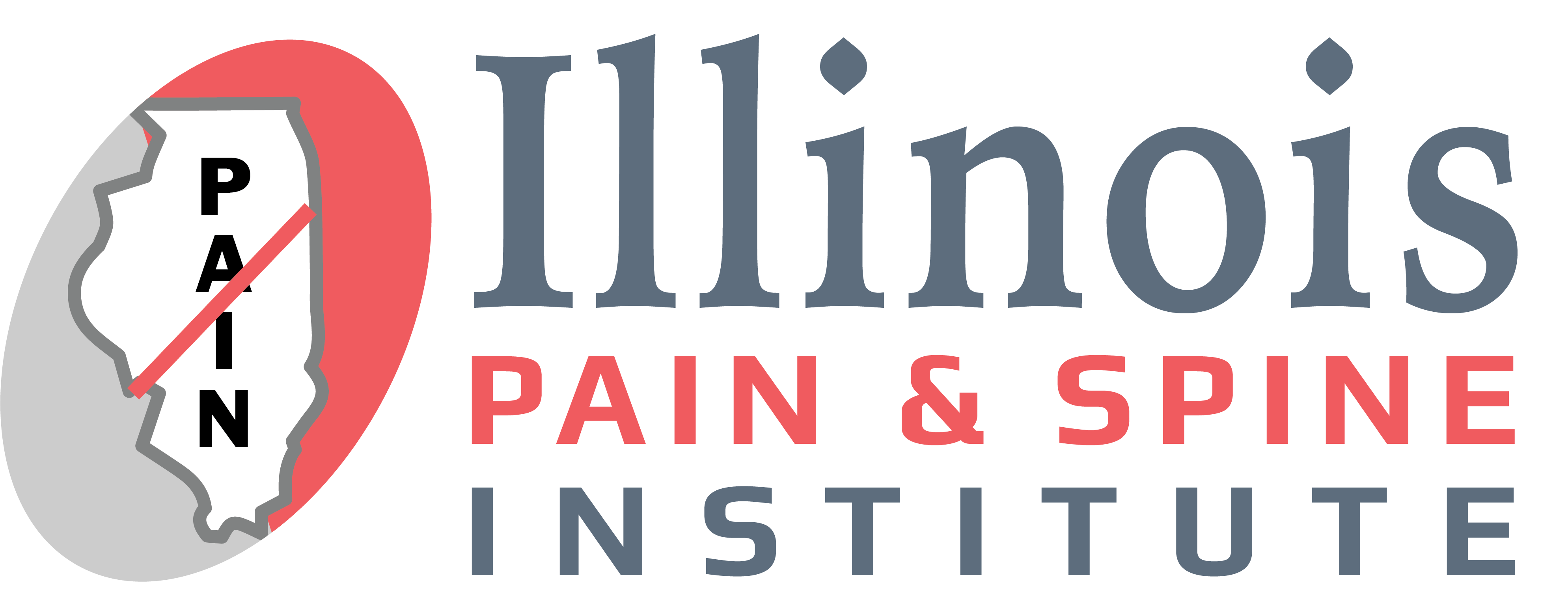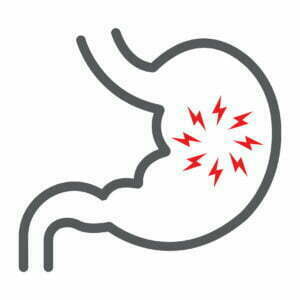22 Nov Different Treatment Methods for Chronic Abdominal Pain
Abdominal pain can arise for many different reasons. Understanding the cause of your abdominal pain is important if you want to manage it. This page explains some of the most common causes of abdominal pain and a number of different treatments that Illinois pain management doctors have proven effective.
Causes of Chronic Abdominal Pain
There are many causes of abdominal pain that can include digestive issues, illness, and other factors. If you’re struggling with abdominal pain caused by something like IBS then a gastroenterologist may be able to help ease you through symptoms.
However, in many cases, even a gastroenterologist is unable to diagnose the cause of chronic abdominal pain.
If you’re struggling with chronic, recurrent abdominal pain that cannot be diagnosed, quality of life can be adversely impacted. The lack of diagnosis can prove to be an extra difficulty.
Pain is a nervous response. As such, chronic abdominal pain – especially that which is difficult to diagnose – can be acknowledged to be a nervous system problem. When the nervous system is sending unregulated or imbalanced signals to the brain, this can cause a number of things including:
- Chronic pain
- Cramping
- Changes in digestion (diarrhea, constipation, etc).
Nerve impulses travel from the gut, through the spinal cord, and to the brain. The complex interaction between the nerves in the gut, the spinal cord, and the brain can make for a challenging problem. Fortunately, there are some treatments that target the nervous system in an effort to maintain good health and fight pain.
How Can Chronic Abdominal Pain Be Treated?
If your gastroenterologist can’t determine the cause of your abdominal pain there are still other options to consider. Some options address the nervous system directly and can be useful for fighting chronic abdominal pain.
Celiac Plexus Blocking
The celiac plexus is a bundle of nerves in the abdominal region. When these nerves miscommunicate with the brain it can cause serious pain. A celiac plexus block is a procedure during which alcohol is introduced to the celiac plexus. This reduces nervous function in the area and can fight pain.
Splanchnic Nerve Blocking
Sometimes abdominal pain can be caused by the entrapment of nerves within different organs in the abdominal cavity. When these nerves are entrapped, constant pain warnings are sent to the brain.
A splanchnic nerve block involves introducing an anesthetic compound directly onto these nerves. Illinois pain management doctors use this treatment for managing various types of abdominal pain including that caused by Crohn’s disease, a condition notoriously difficult to treat.
Hypogastric Plexus Blocking
One of the biggest nerve clusters in the pelvic region is known as the hypogastric plexus. If you’re experiencing pain in this region the hypogastric plexus is likely involved. Blocking the hypogastric plexus by introducing anesthetics or neurolytics (substances that reduce nerve signaling) can help distill pain in the region.
Conclusion
There are many causes of chronic abdominal pain. If your gastroenterologist can’t identify a specific illness or condition that is responsible, then it might be wise to check with Illinois pain management doctors who are familiar with these treatments. By working directly with the nervous system, which regulates pain signals, you can overcome chronic pain.



